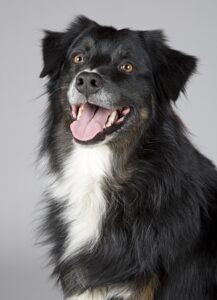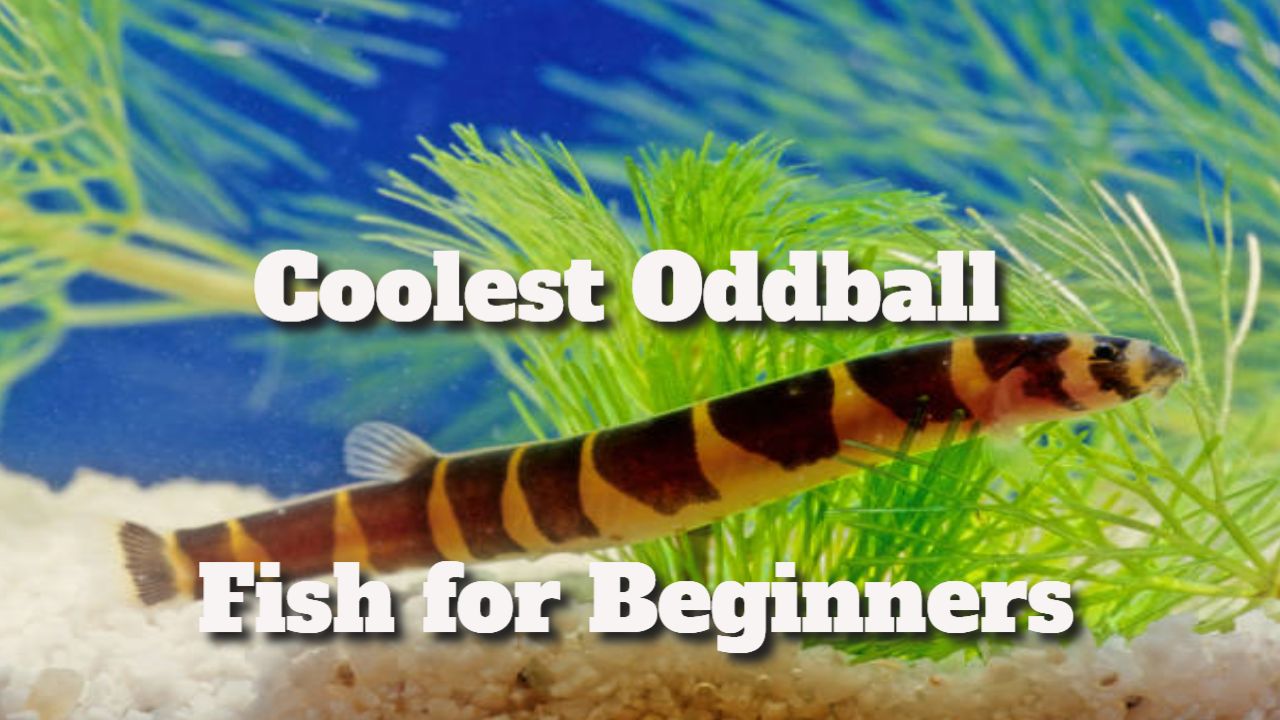What Characteristics Distinguish a Good Family Dog?
Contents
- 1 What Characteristics Distinguish A Good Family Dog?
- 1.1 Setting up a Meet and Greet
- 1.2 5 Questions to Ask Before Getting a Family Dog
- 1.3 The best family dogs are listed here.
- 1.4 1. Mixed breeds are my first pick!
- 1.5 2. Golden Retrieving Dog
- 1.6 3. Labrador Retriever
- 1.7 4 Poodle
- 1.8 5 Irish Setter
- 1.9 6 Vizsla
- 1.10 Newfoundland and Labrador
- 1.11 8 Bull Terrier
- 1.12 9. Beagle
- 1.13 10 Bulldog
What Characteristics Distinguish A Good Family Dog?
What Characteristics Distinguish a Good Family Dog?: Dr Holly Putnam, a veterinarian and past board member of the Association of Shelter Veterinarians, recommends evaluating the size of the dog, as well as your family’s lifestyle and the energy level that is best matched.
These three qualities can help you choose a suitable family dog, whether it’s a purebred or a mixed breed:
Temperament: This is the dog’s personality. Selecting someone with a good attitude will help. A calm dog, for example, can build tight ties with your children and be a lovely friend.
Size: A dog’s size does not indicate whether or not it is good with youngsters. Size should be examined with temperament and energy level. Some larger dogs are more gentle, while others are more energetic. “For example, if you have a family with small children, a large, hyperactive dog may knock the children over,” Dr Putnam explains.
What energy level your family chooses to live at is entirely up to you. Be realistic about the lifestyle you can offer a dog who requires more exercise than the typical. If you cannot address a dog’s demands, his extra energy may result in later behavioural issues. “If you’re an avid runner seeking a dog as a companion, a docile Basset Hound may not be the ideal choice,” says Dr Putnam.

Setting up a Meet and Greet
Meet potential new pets to understand their temperament and energy level before deciding.
Keep an eye on the dog’s interactions with the kids, the elderly, and the senile, Dr Putnam says.
Dr Putnam also suggests observing the dog’s body language:
Some dogs grow enamoured with what they think to be theirs. This can create a hazardous situation when tiny toddlers pick up anything, even the dog’s toy or food bowl.
5 Questions to Ask Before Getting a Family Dog
Along with getting to know the dog, you should speak with shelter or rescue employees to learn more about it and its likes and dislikes. Here are five sample questions to ask prospective family dogs:
Does everyone in the house feel comfortable around the dog? Some canines get along with everyone in the family, while others favour only adults or one gender.
What is the energy level of the dog? You may want a dog to accompany you and your family on long walks or one you can carry most of the time in your arms.
What kind of continuous care will the dog require? Is it a long-haired dog that will require regular grooming or an elderly dog who may require more frequent vet visits?
What age range do you prefer? Do you want a puppy that will require a lot of training but will get along with everyone, or do you want an older dog that is toilet trained but maybe or maybe just a little reserved and need some time to adjust to your routine at home?
The best family dogs are listed here.
Remember that, while these dogs have characteristics that make them excellent family dogs, you will still need to regularly work on their training and socialisation to ensure they become good canine citizens.
1. Mixed breeds are my first pick!
Don’t dismiss mixed breeds even if your family is primarily interested in purebred dogs. Mixed breeds frequently blend the most significant characteristics of two (or more!) great breeds into a single dog.
Because the employees at the shelter or sanctuary care for the dogs all day, they can tell you more about the dog’s personality and habits.
2. Golden Retrieving Dog
The Golden Retriever is a self-assured, clever, friendly, and loyal dog. The Golden Retriever is neither aggressive nor fearful but rather incredibly patient, making it an ideal companion for children.
The breed does require a lot of exercises, but it enjoys playing (fetch games are its favourite activity, for example, your Golden might enjoy playing with Frisbees).
The Golden Retriever is frequently kind and obedient, which means your children will fall in love with it right away.
Brushing their beautiful golden coat twice a week is required for proper upkeep.
3. Labrador Retriever
There is a solid reason why Labrador Retrievers have grown so popular: it is playful, patient, loving, protective, and dependable. Another advantage is that Labradors are highly intelligent and may be well-trained.
They require a lot of activity (and they enjoy swimming! ), so make sure your family is up for the task. Make sure kids have enough space to run and play.
Black Labs, Chocolate Labs, and Yellow Labs excel at endurance, strength, and obedience, which is why they are such a popular breed.
These gentle canines get along with other animals and almost everyone they meet. Because of their short coats, they need to be combed once a week to stay clean and healthy. However, Labradors shed, so be prepared to remove their hair frequently.
4 Poodle
This dignified and elegant dog breed is kind, loyal, and rarely irritated or dull.
Poodles are available in miniature and regular sizes, allowing you to select the size that best suits your living situation. Because they lose so little hair, they are ideal for children with allergies.
Each breed has its own set of preferences. The Standard Poodle, for example, is very obedient, intelligent, lively, and adventurous. Despite their shyness around strangers, they get along well with people and children they know.
On the other hand, Miniature Poodles are loyal to one person yet get along well with other dogs and children. They are wise, responsive, obedient, and amusing.
However, regardless of the breed, poodle coats must be groomed regularly.
5 Irish Setter
The Irish Setter, distinguished by its red coat, is a cheerful and energetic dog who enjoys being around people and playing with youngsters.
This breed enjoys being with its family so much that it avoids being alone and performs best when surrounded by loved ones. (Here are some simple methods for preventing separation anxiety in your dog.)
The Irish Setter is an intelligent and trainable companion that is ideal for people who have a yard and enjoys greeting visitors.
Because Irish Setters have longer coats, they must be combed and brushed regularly to avoid hair mats.
6 Vizsla
While this dog breed is not for everyone, owing to its demand for regular activity. It’s one of the most incredible dog types for active households with teenagers or adults.
The breed is also loyal, self-assured, and bright. Vizslas build tight ties with family members and can quickly learn new tricks.
Newfoundland and Labrador
The Newfoundland, sometimes known as “nature’s babysitter,” is one of the world’s most intelligent dog breeds, loving and protecting children.
This breed is almost as gentle, compassionate, and patient as Mother Teresa. This vast, adorable dog will soon win over younger and older family members.
The Newfoundland is ideally suited to a family with vast, open spaces, and despite their tendency to drool and shed profusely, they should not be left outside in the garden (no dog should). Their long coat necessitates frequent brushing and upkeep as well.
The Newfoundland is an excellent swimmer and has rescued people from difficult situations. They are quickly trained and task-oriented, so don’t hesitate to provide them incentives that necessitate a little extra effort.
Because they have short coats, they require less upkeep.
8 Bull Terrier
Despite its unfortunate reputation as an aggressive animal, the Bull Terrier was designed to be a dog that gets along well with everyone, from older people to younger ones.
Remember that your Bull Terrier is prone to mischief, particularly with other small animals and dogs. Keep your pet mentally and physically busy every day to avoid complications.
The short, flat coat of a Bull Terrier is little maintenance, and the breed is most content when it has access to a yard to play in.
9. Beagle
Because of its small size (it can be carried easily!) and peaceful disposition, the Beagle is an excellent choice for families.
Beagles were initially kept as hunting dogs, and because of their strong frame, they are never too tired to play. This breed is perfect for active families with youngsters who love to go on hikes and explore the outdoors.
The Beagle is intelligent, amiable, cheerful, and gets along well with other pets (aside from a bit of hunting here and there). Because they shed their hair, they must be brushed and bathed regularly.
10 Bulldog
The Bulldog is a durable, kid-friendly option. It will not, however, win any accolades for “most energetic dog.”
The Bulldog may live in both large and small homes.
Most Bulldogs are also friendly with guests outside and get along well with other pets, making them an ideal addition to a busy, social family. Because of their compact size, they are appropriate for both large homes and tiny apartments.
If you want to get a bulldog, remember that their clamped jaws necessitate extra care while brushing their teeth and that panting, snoring, and some drooling are frequent.
Wipe the folds around their tails and facial creases to prevent dirt buildup. Their fur, on the other hand, requires virtually little care.
Knowing more about what makes a dog kid-friendly will make selecting a new dog for your family much more straightforward.




You’ve hit the nail on the head with this one! Choosing a family dog often feels like a mix of a personality test, a real estate deal, and a dash of Olympic matchmaking. It’s true that temperament, size, and energy level need to be in sync, kind of like finding the right partner for a three-legged race—too fast, and someone’s getting wiped out!
Finding the right family dog really does feel like a blend of assessing personalities and matching interests, doesn’t it? It’s fascinating how deep those connections run; you often have to consider not just the dog’s size or energy level but how their quirks interact with your family’s dynamics.
I really appreciate the insights shared about choosing a family dog, especially the emphasis on temperament. I’ve found that a dog’s personality truly makes all the difference in the family dynamic. For instance, when I adopted my Golden Retriever, I was pleasantly surprised by how gentle and patient he was with my two young kids. It really reinforced the idea that a calm demeanor can foster such a beautiful bond.
It’s great to hear about your experience with your Golden Retriever and how he’s been such a good fit for your family. That gentle and patient temperament is often what draws many people to the breed, but it’s interesting how temperament can play out differently even within the same breed.
I really appreciate how Dr. Putnam highlights the importance of temperament when choosing a family dog! I’ve always believed that a dog’s personality is just as crucial, if not more so, than their size or energy level. When we adopted our golden retriever—who was just a little squirt at the time—we absolutely fell in love with her friendly and calm demeanor. She immediately became the heart of our family, even helping my kids learn about empathy and responsibility.